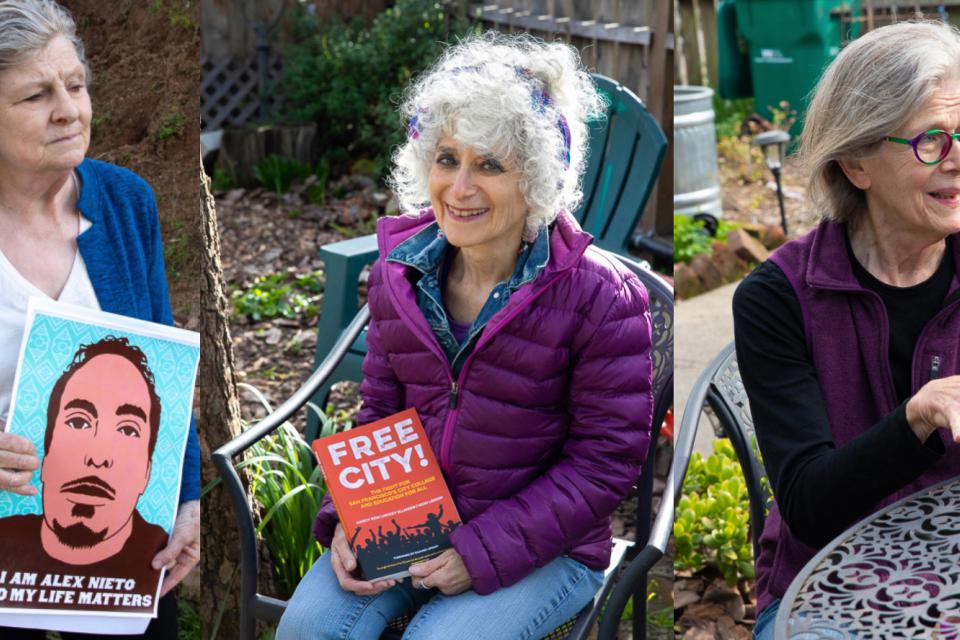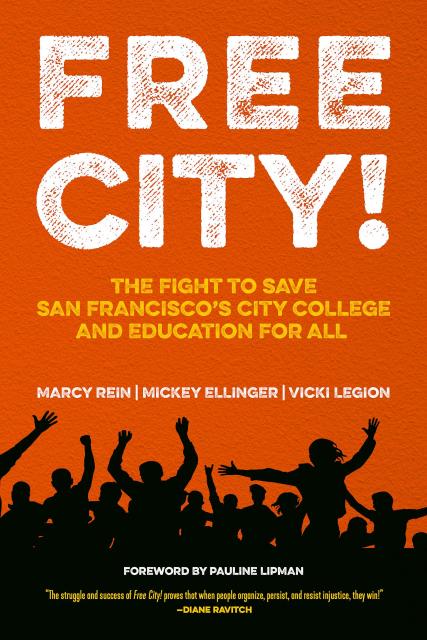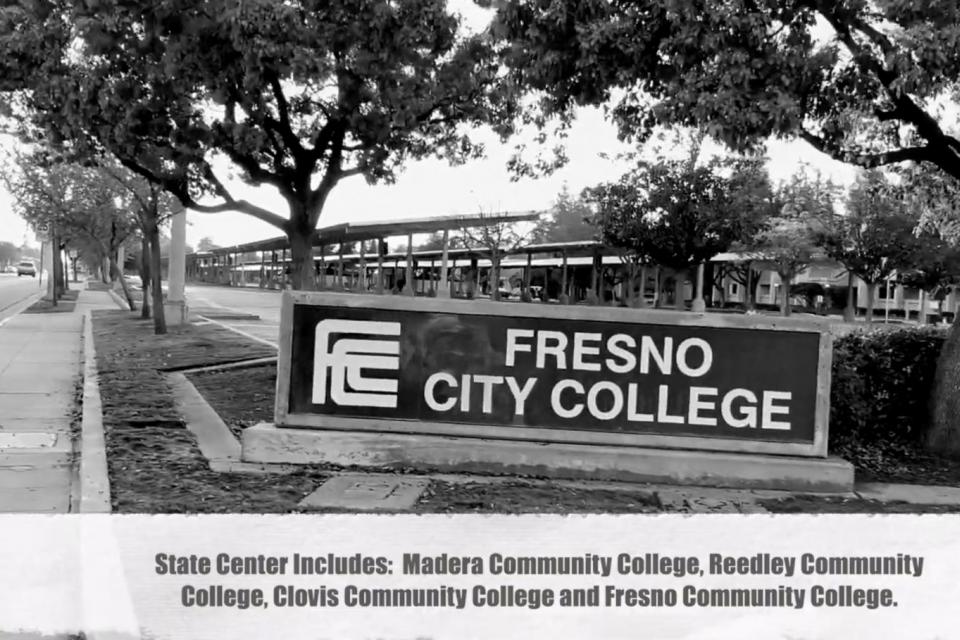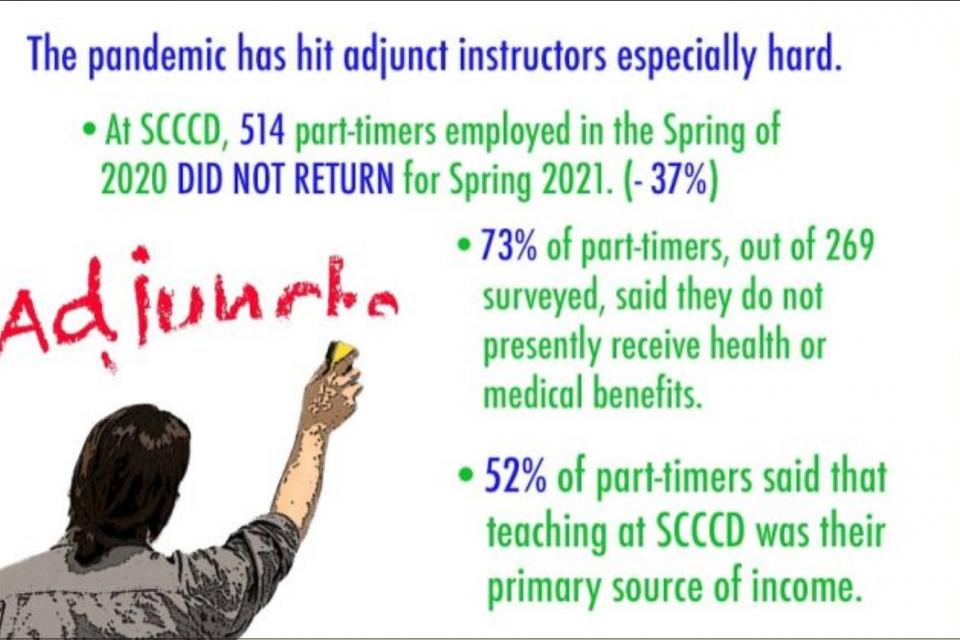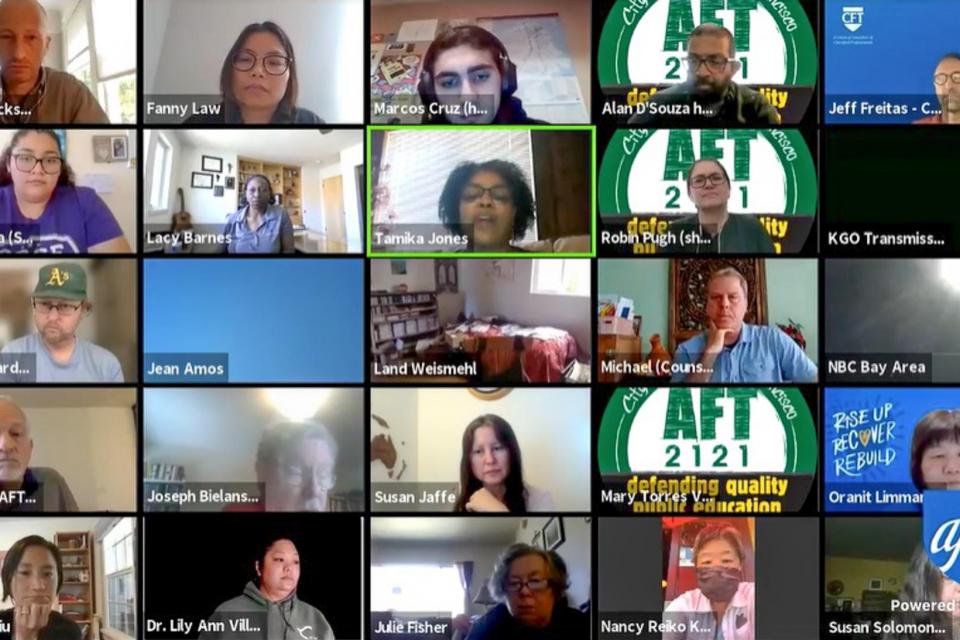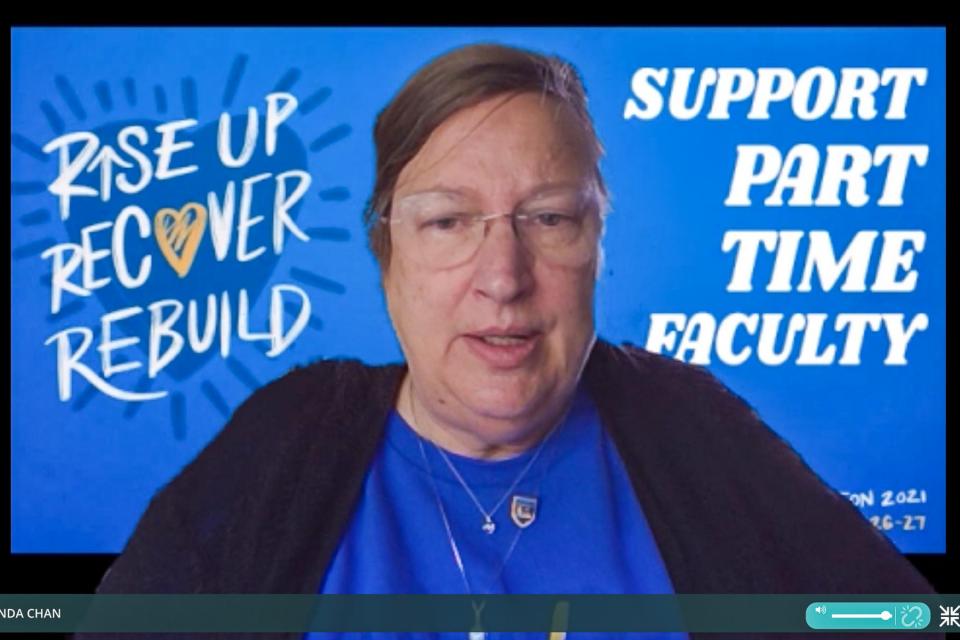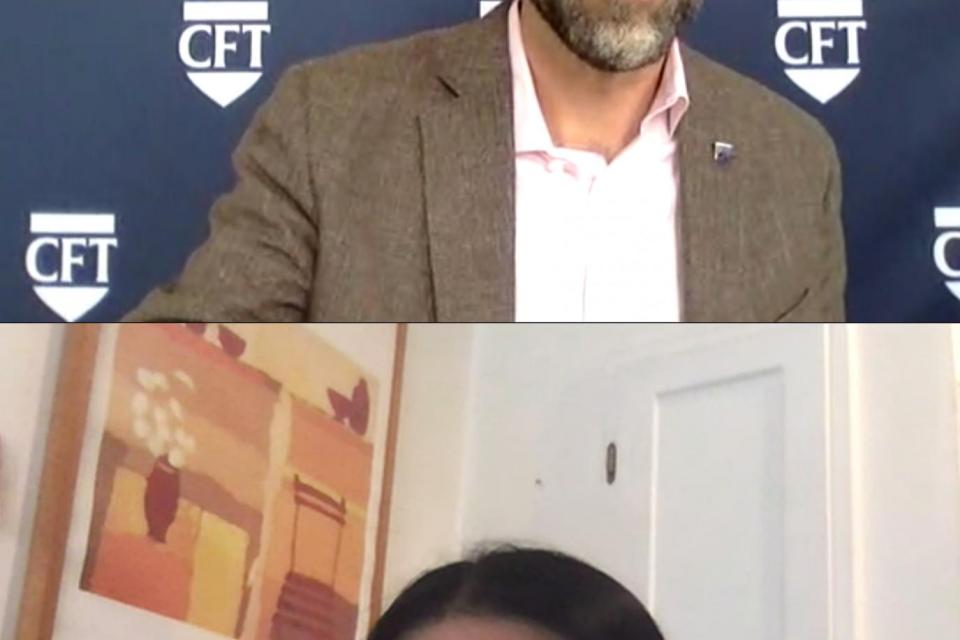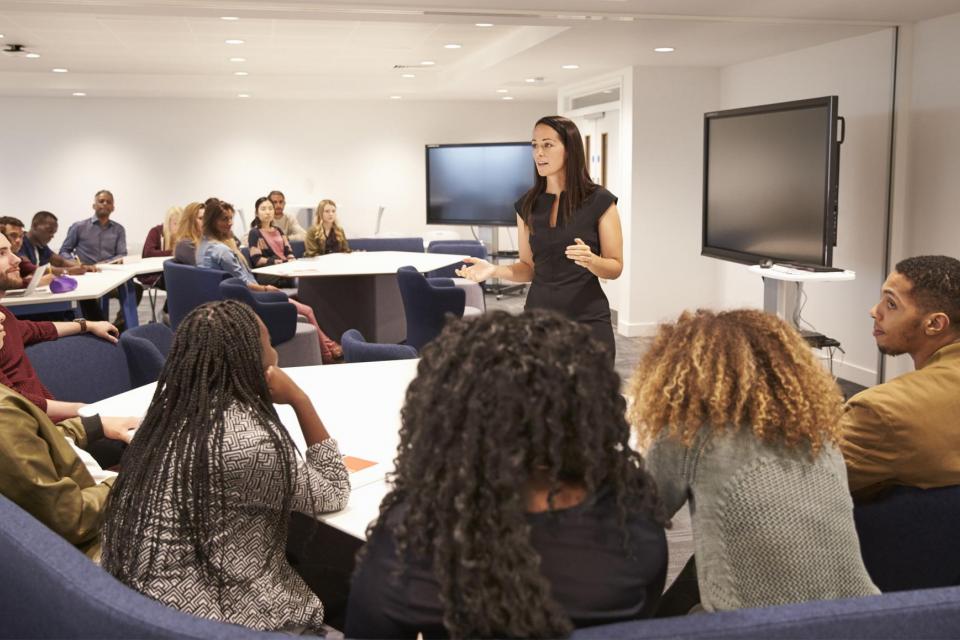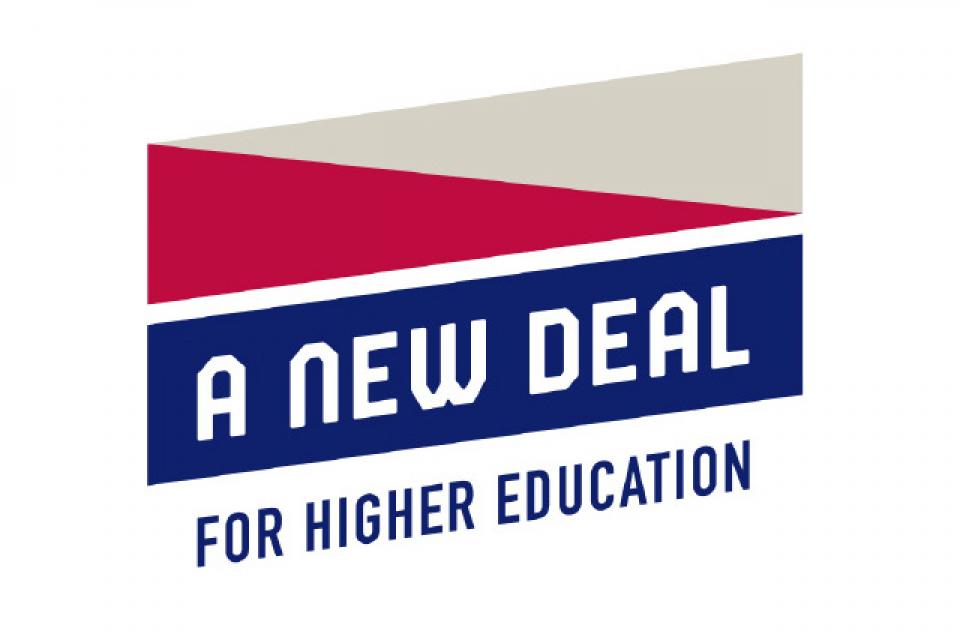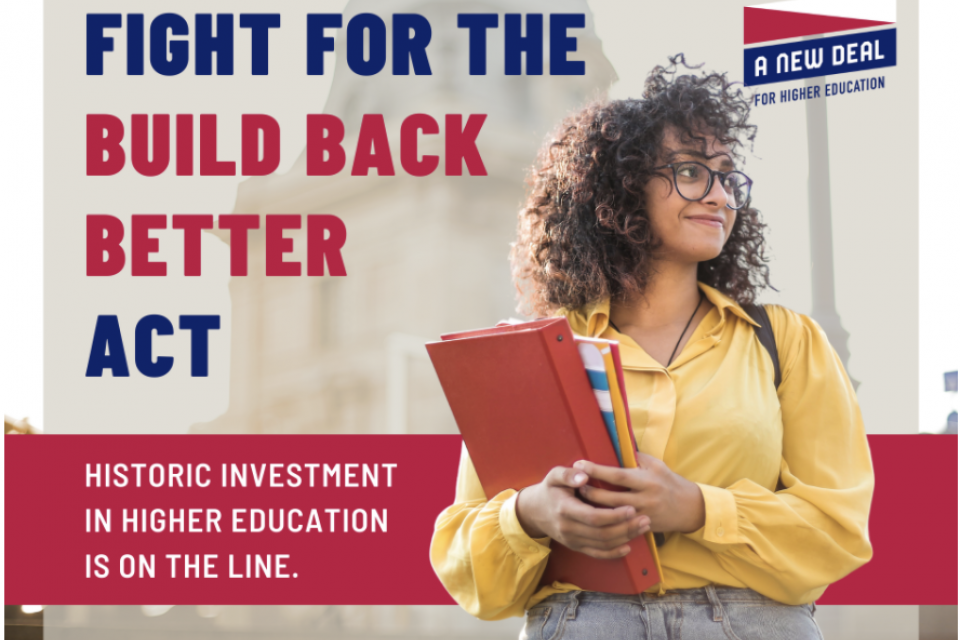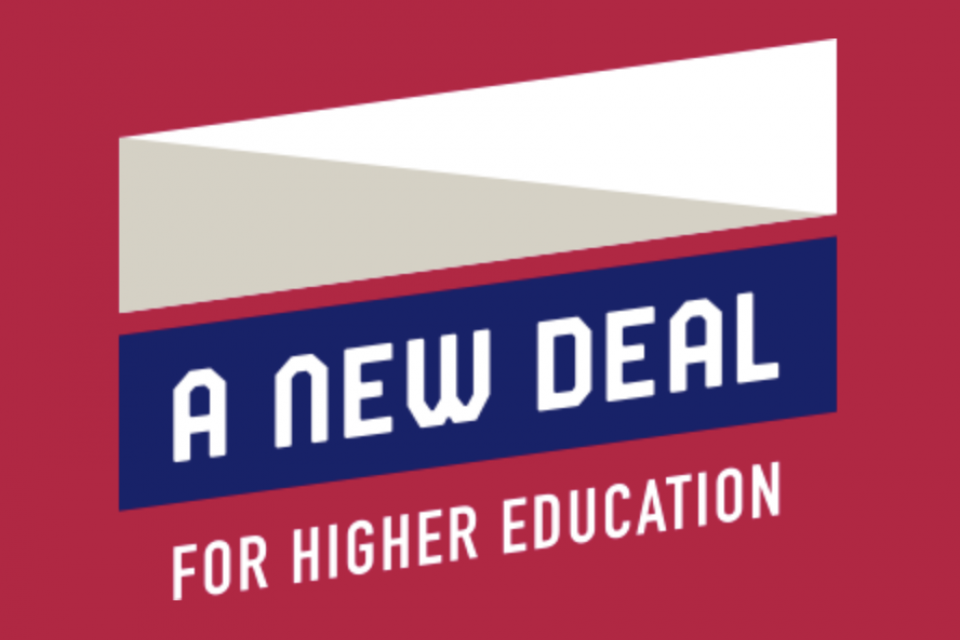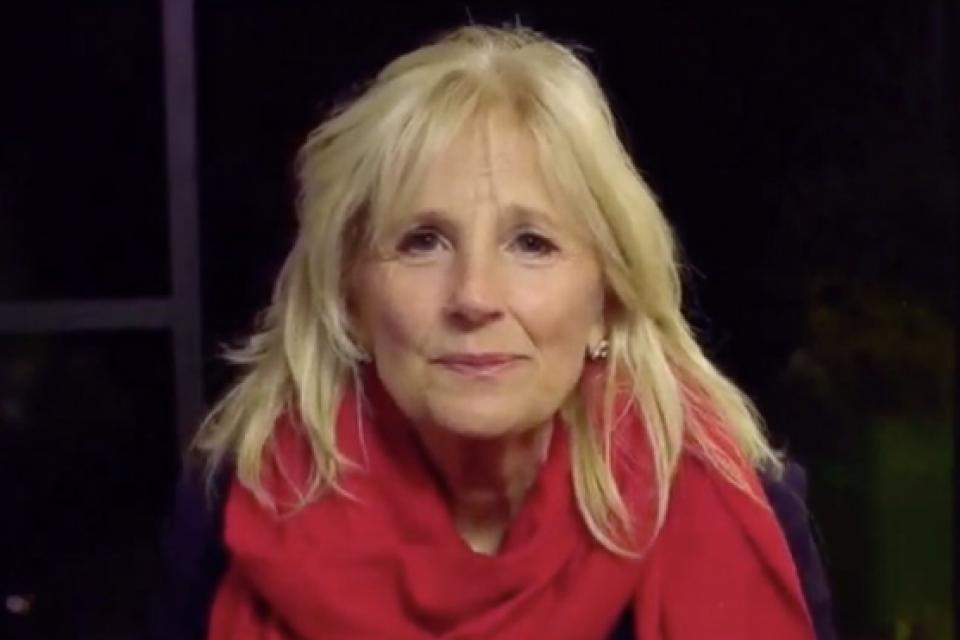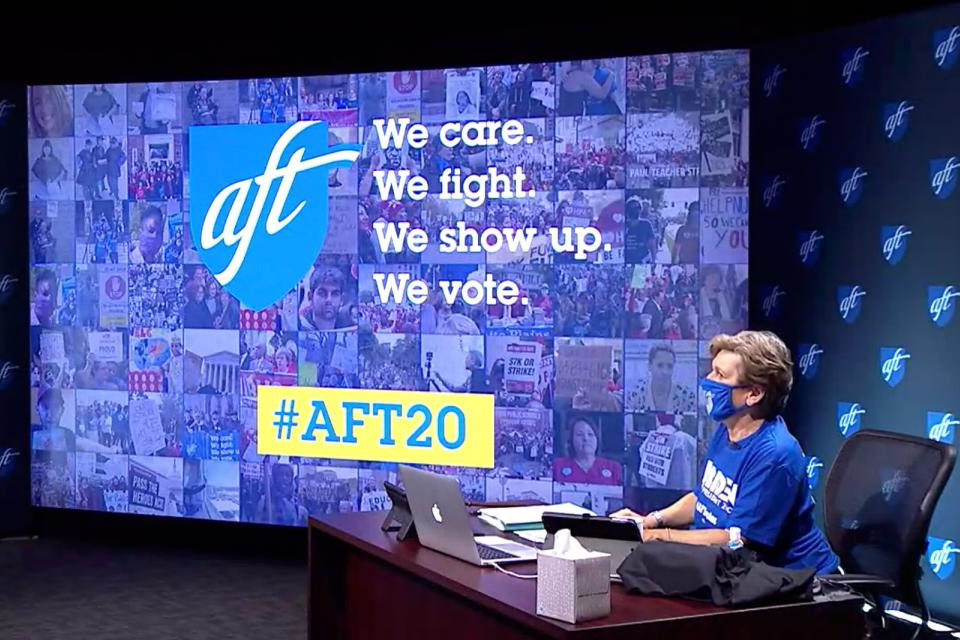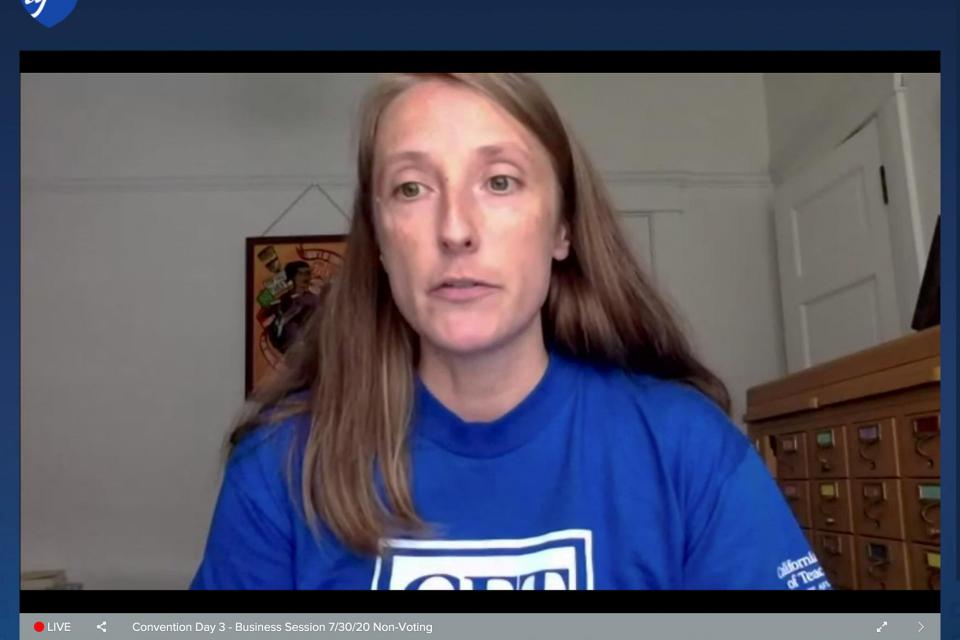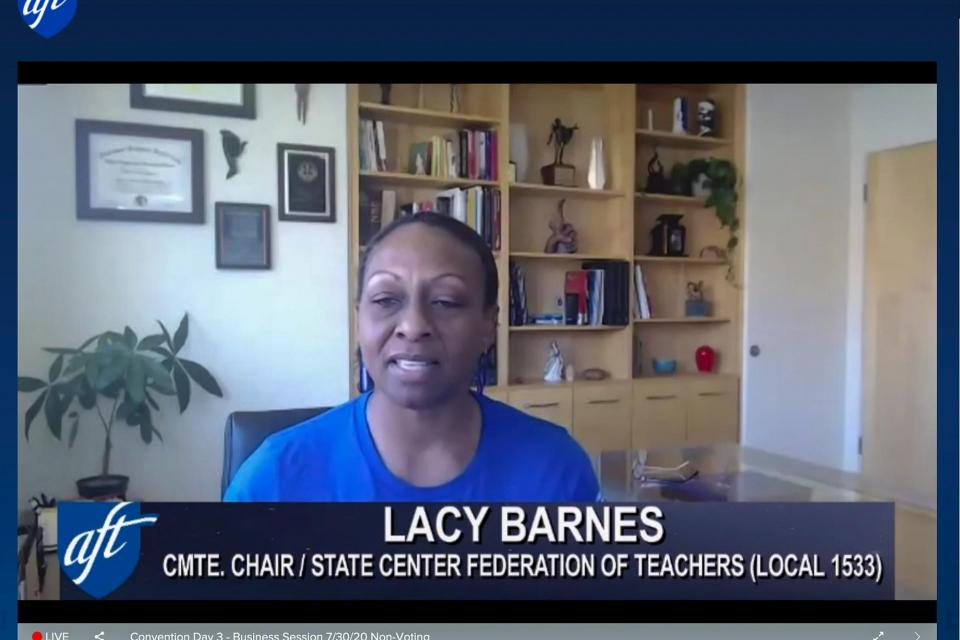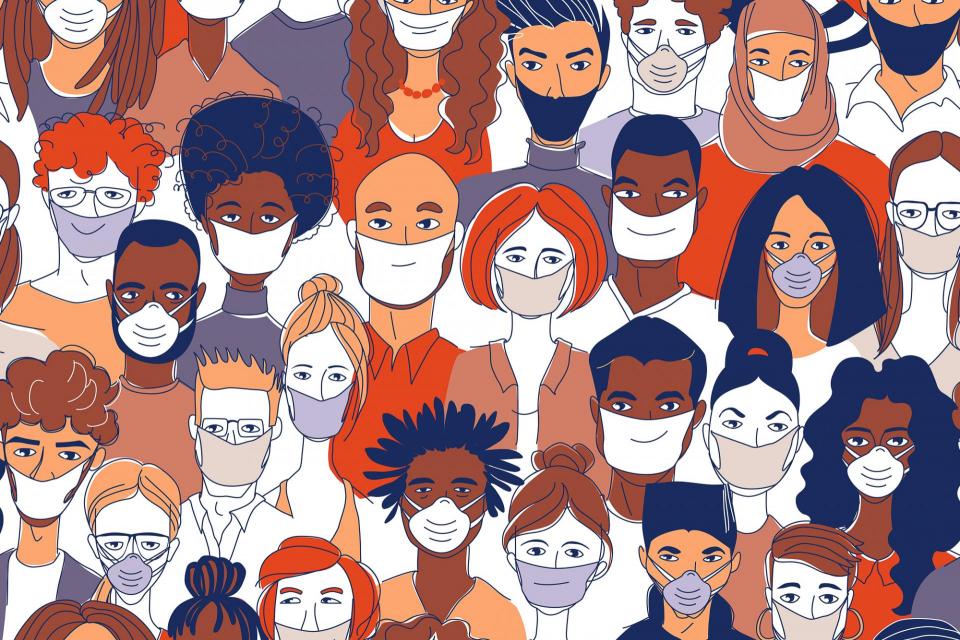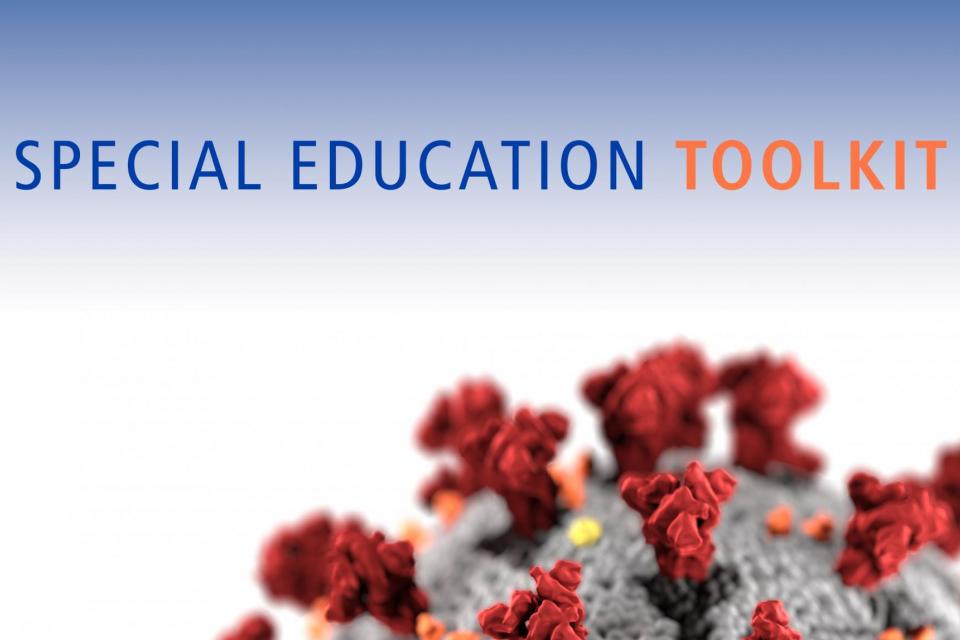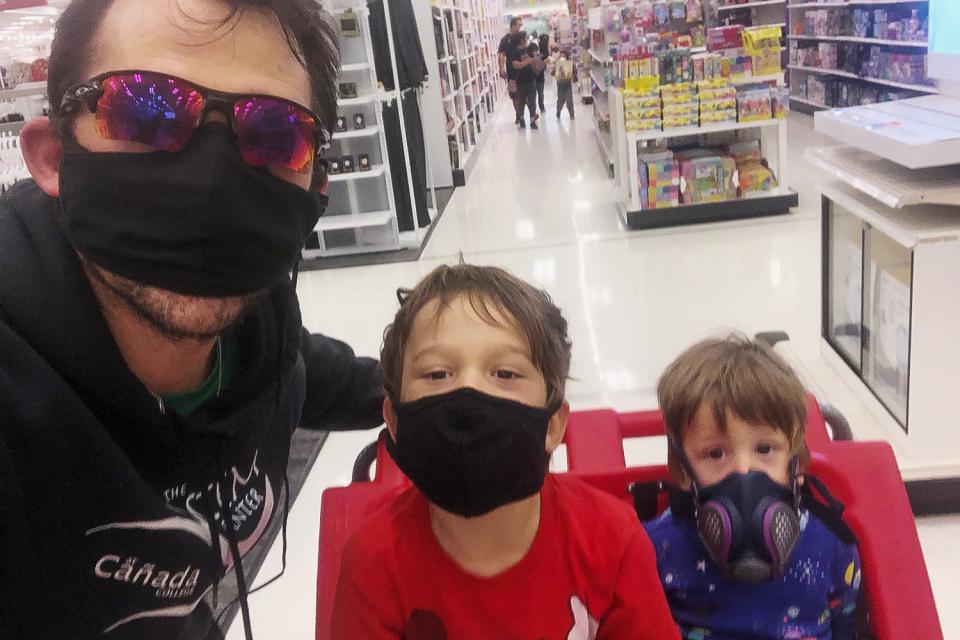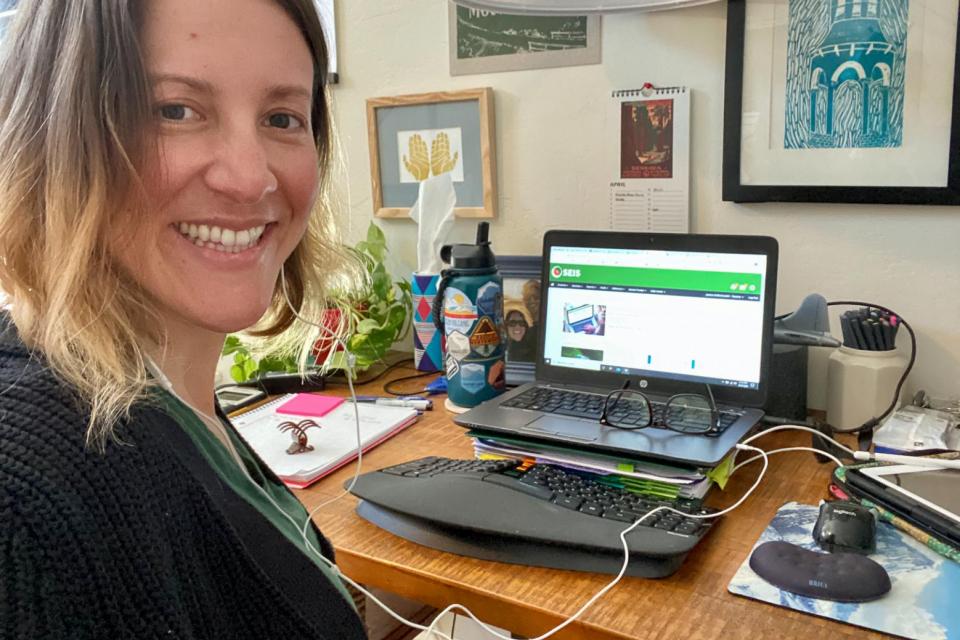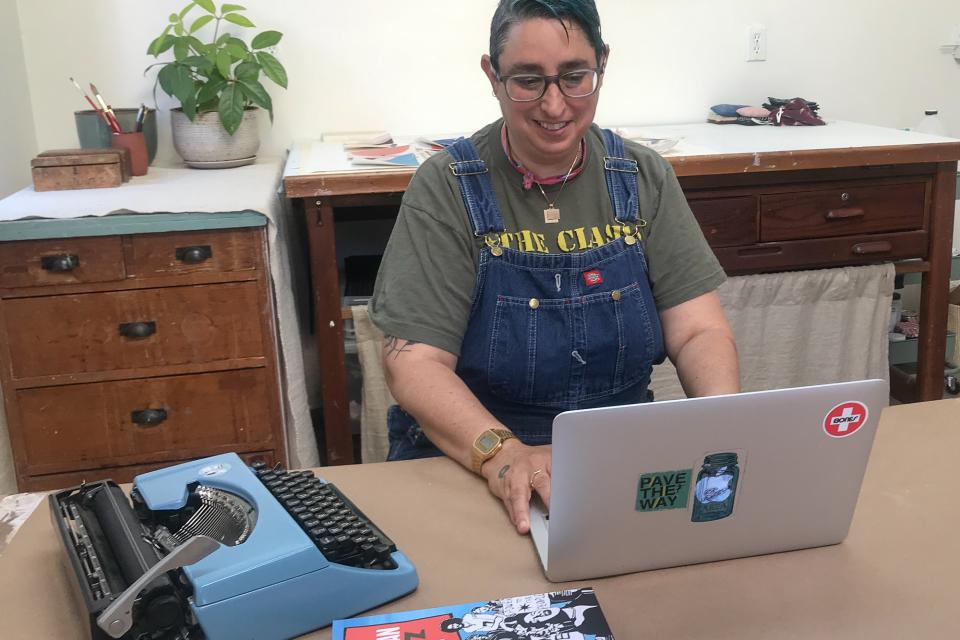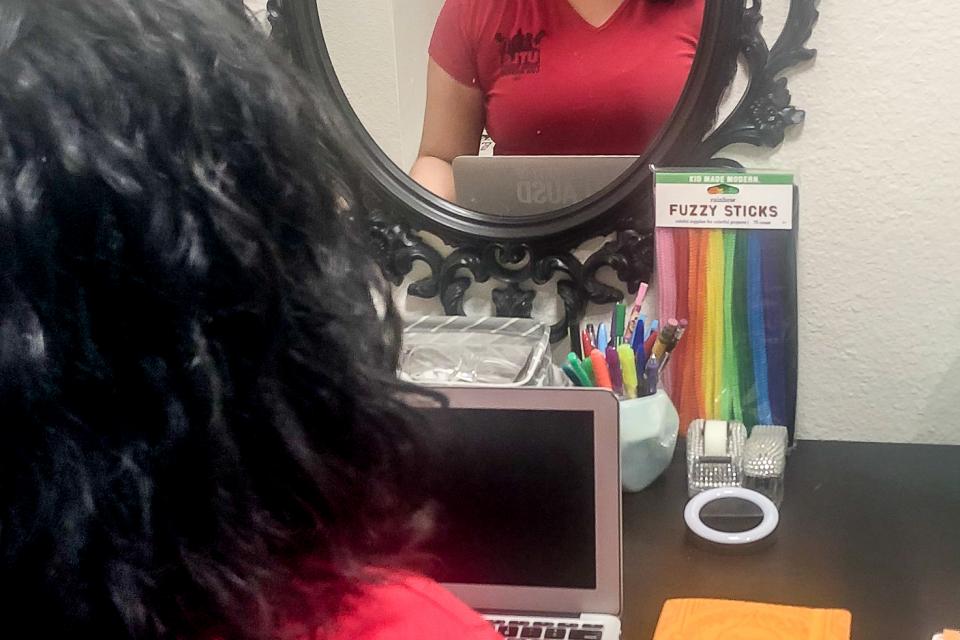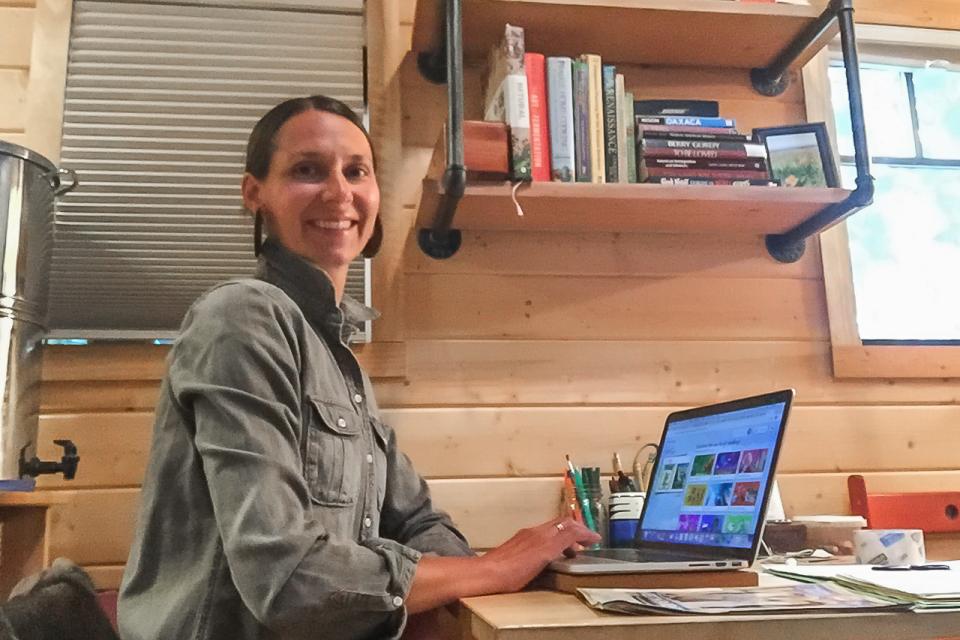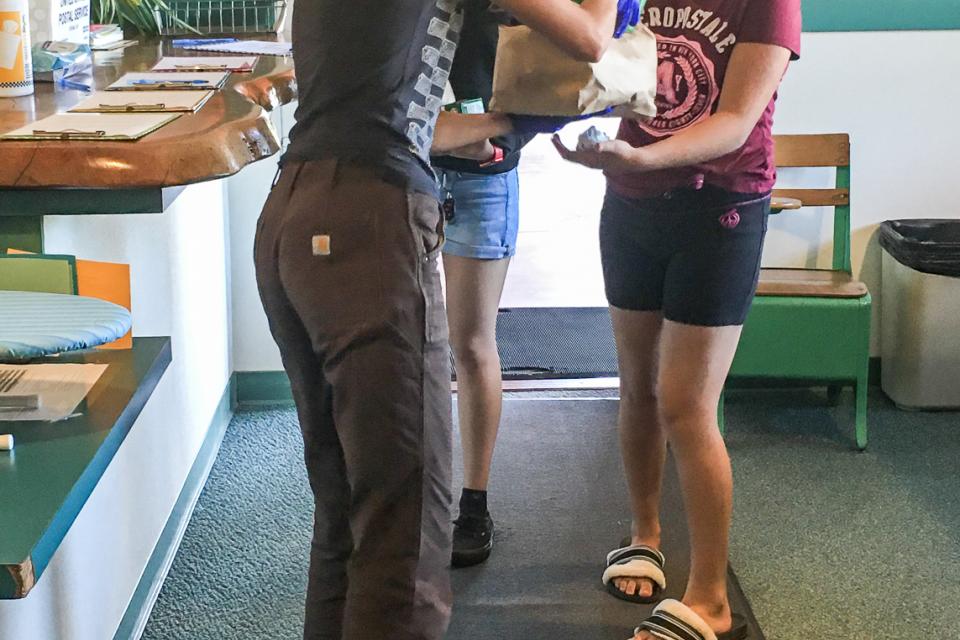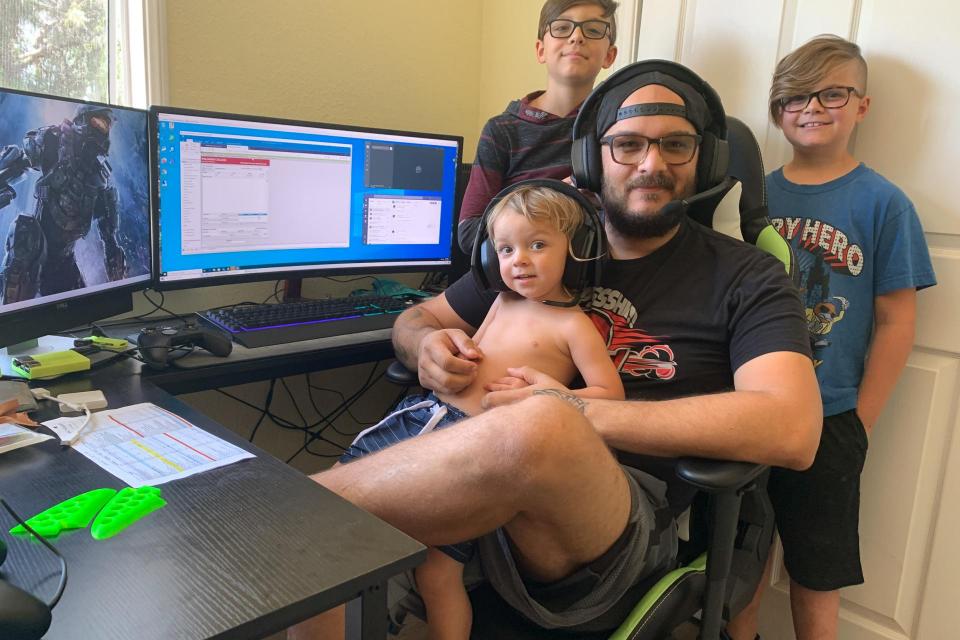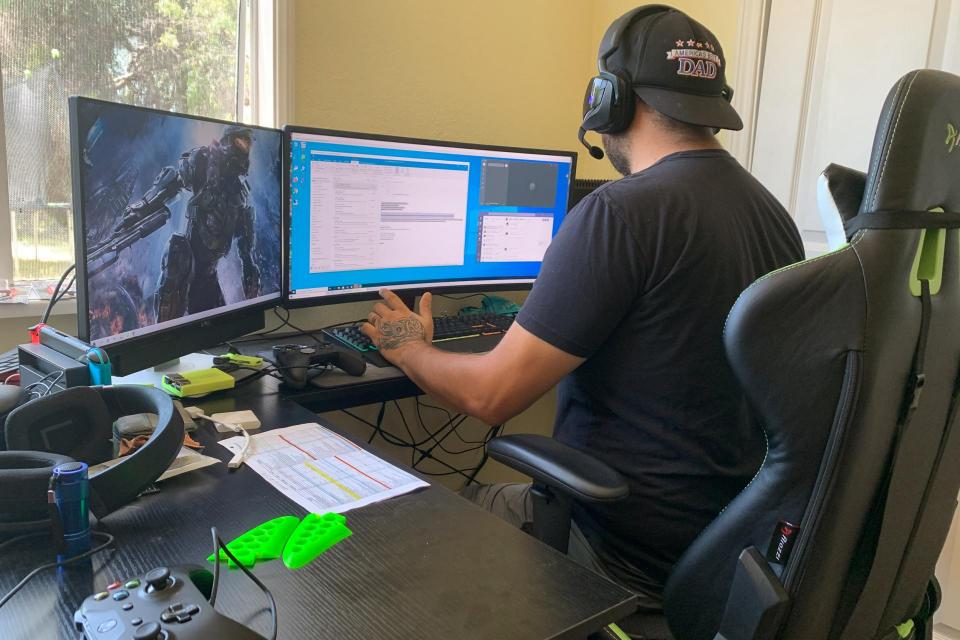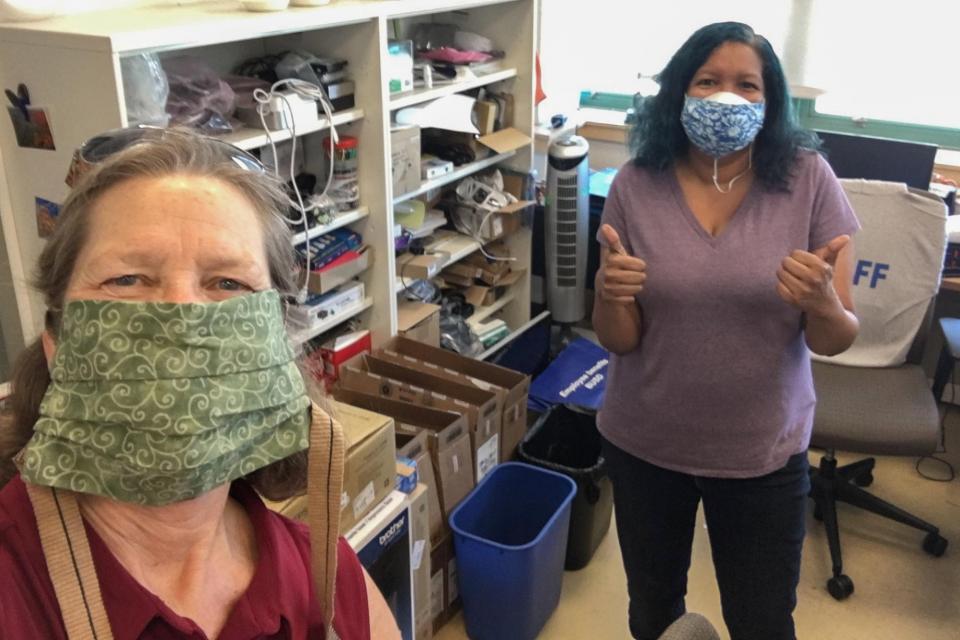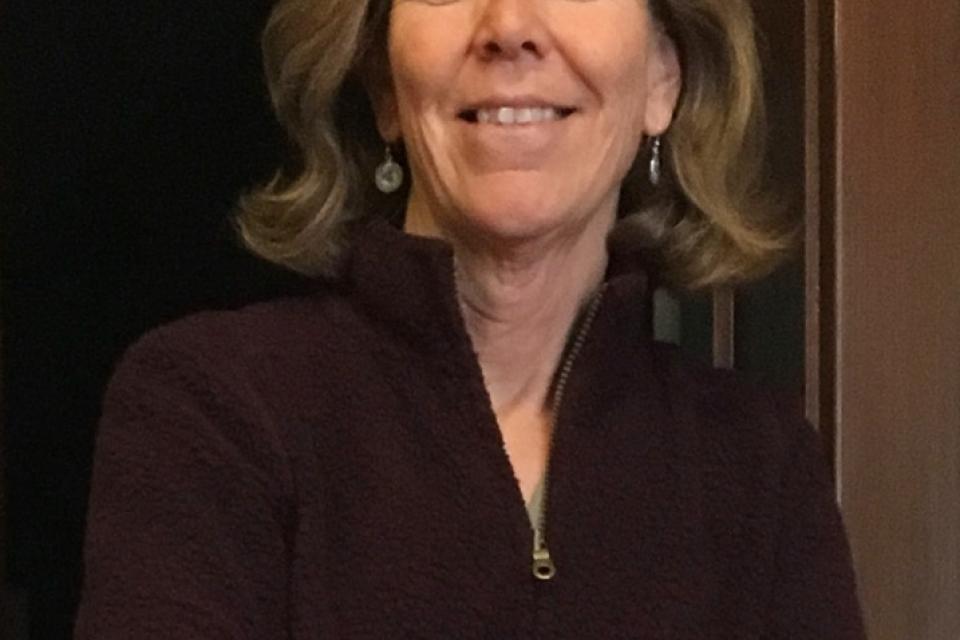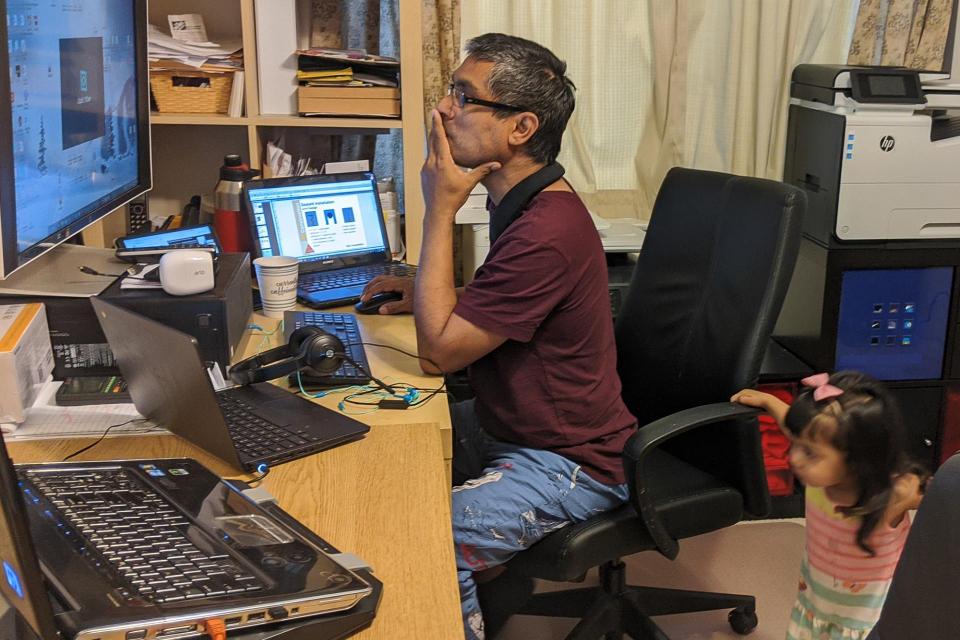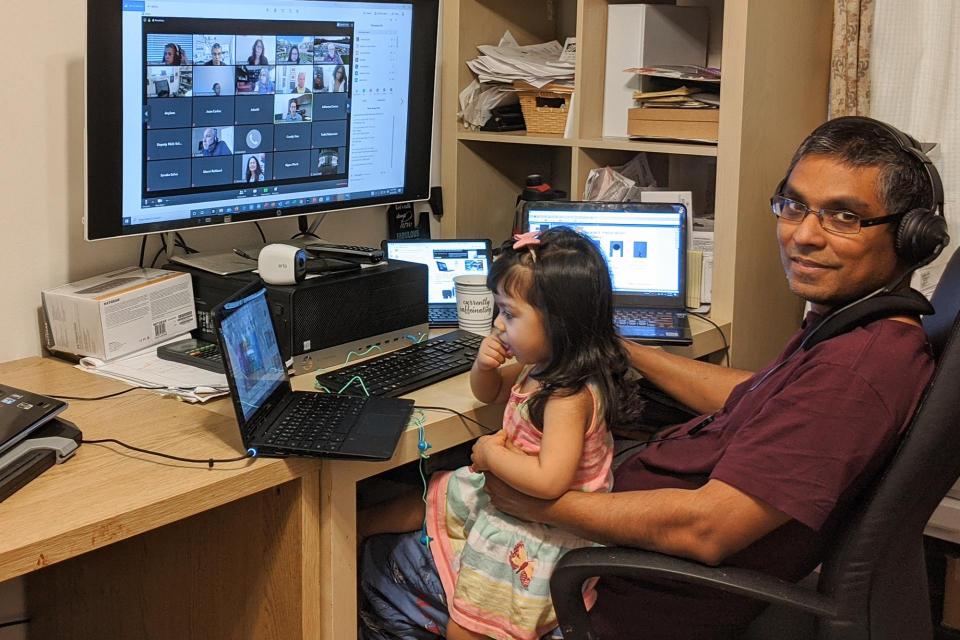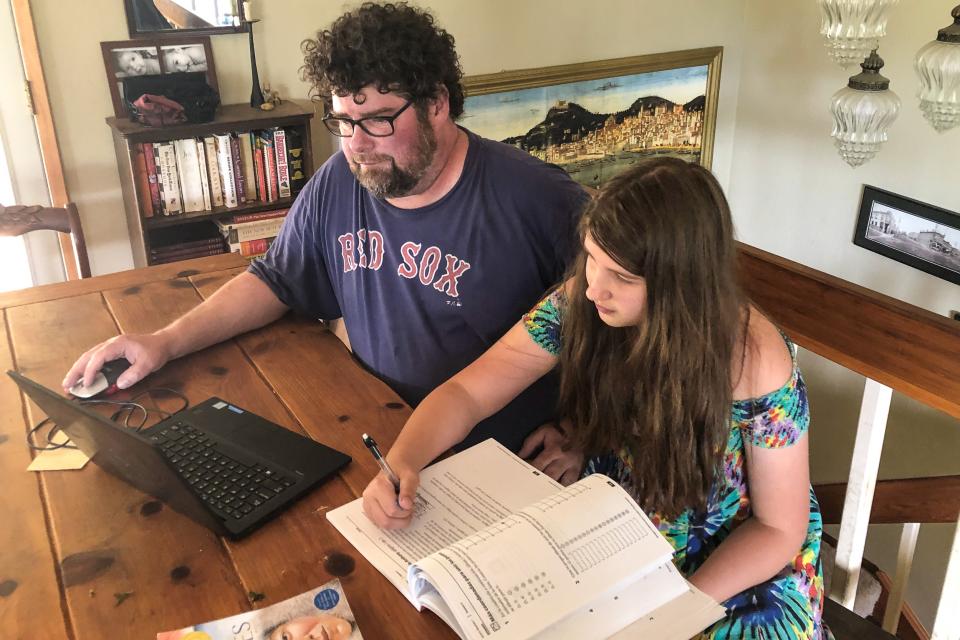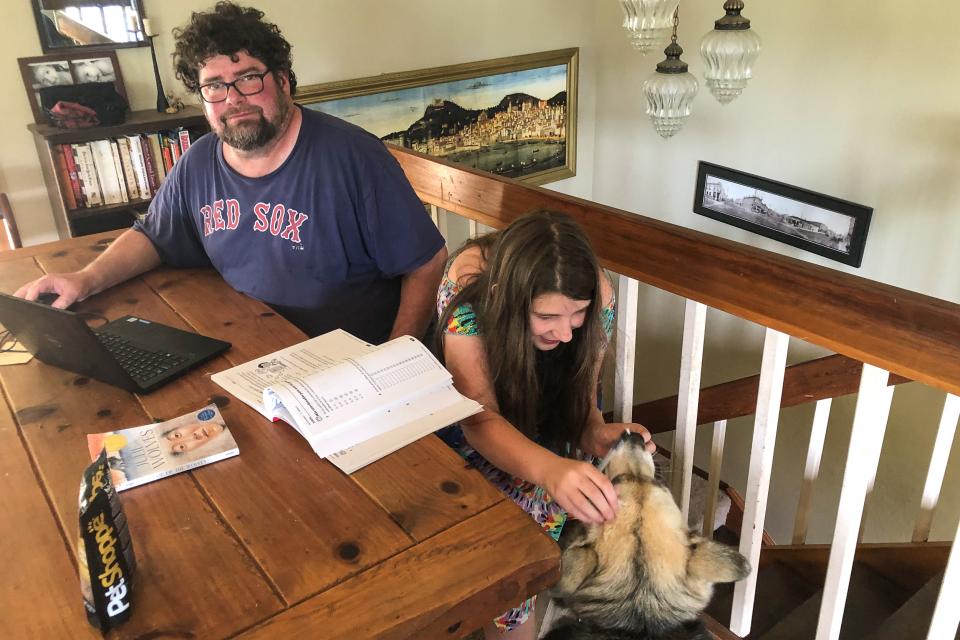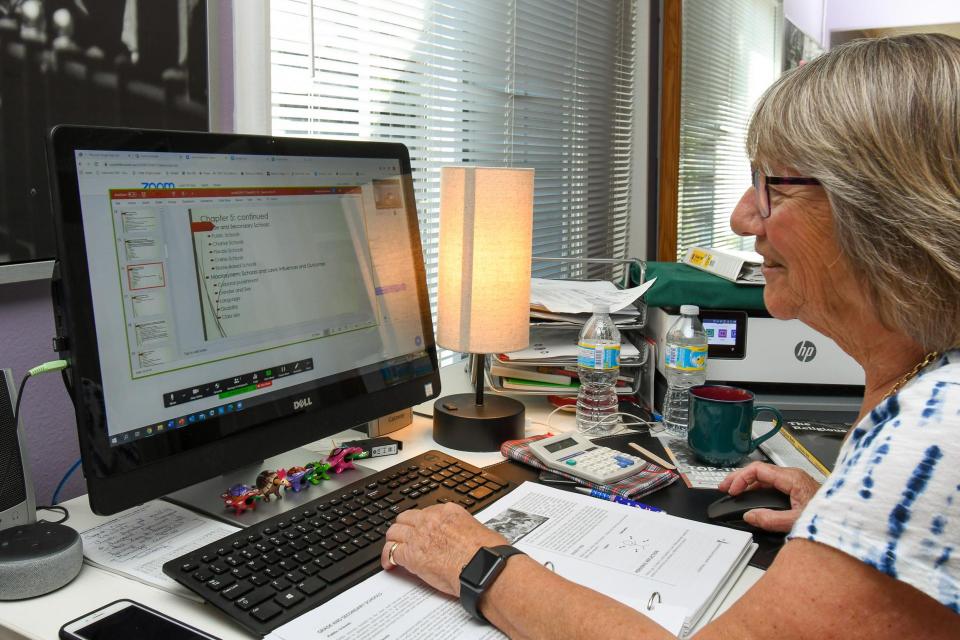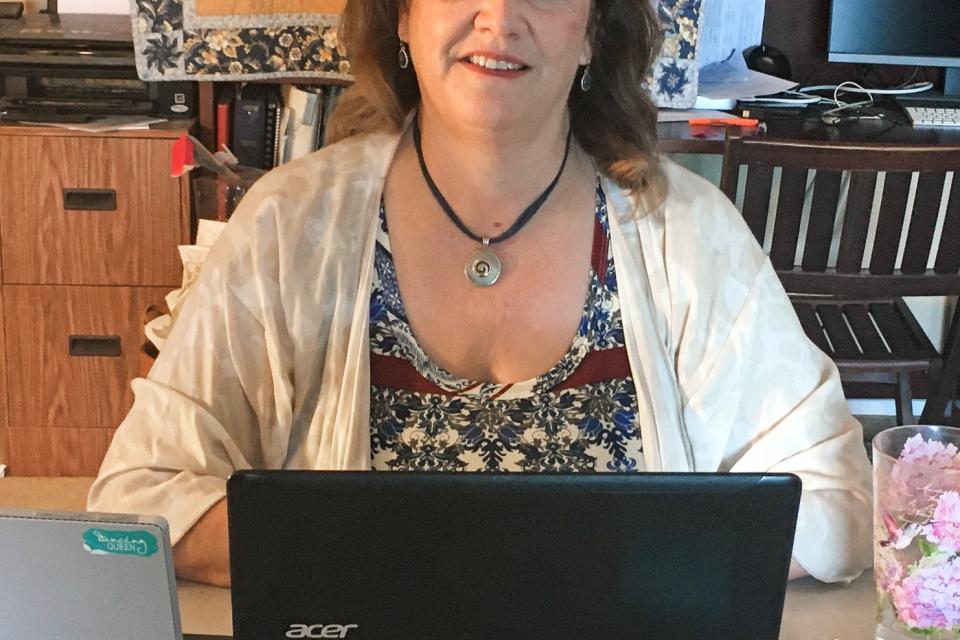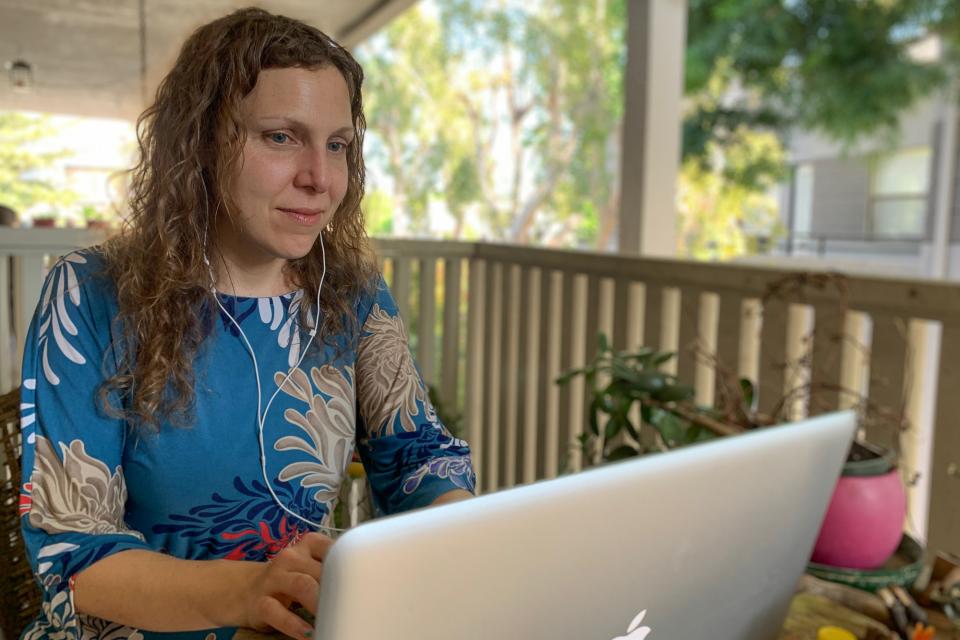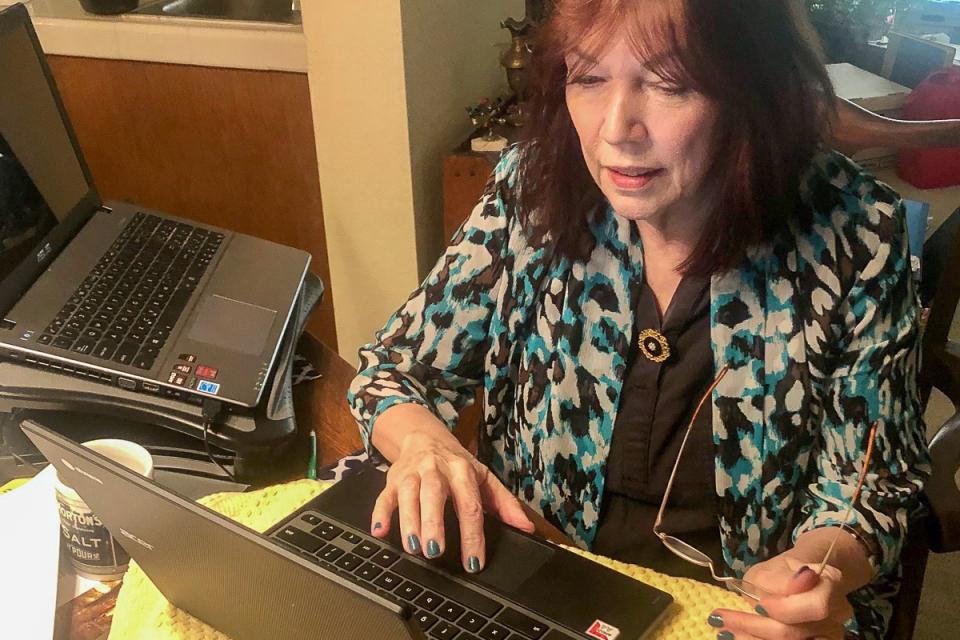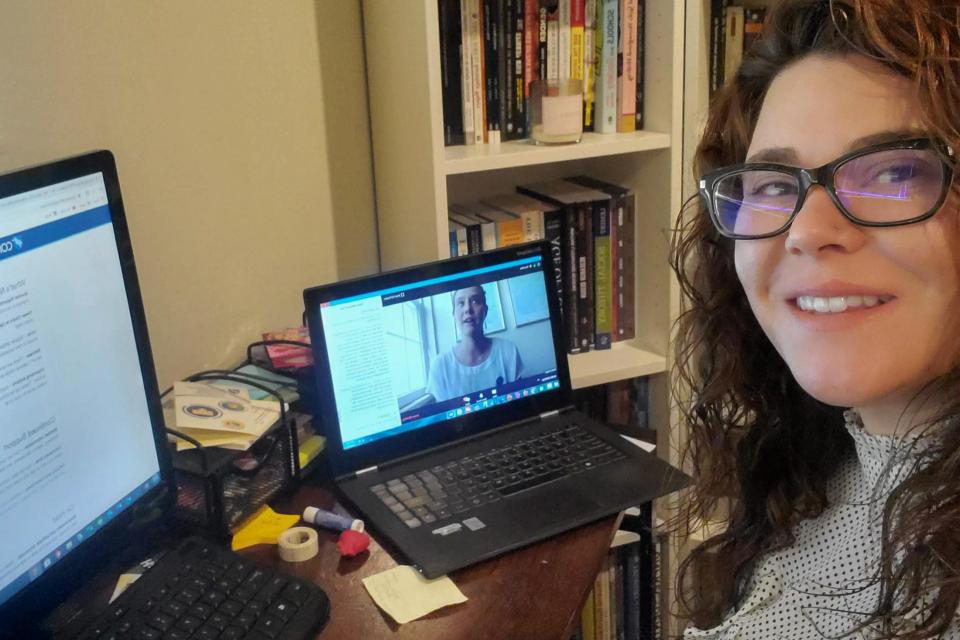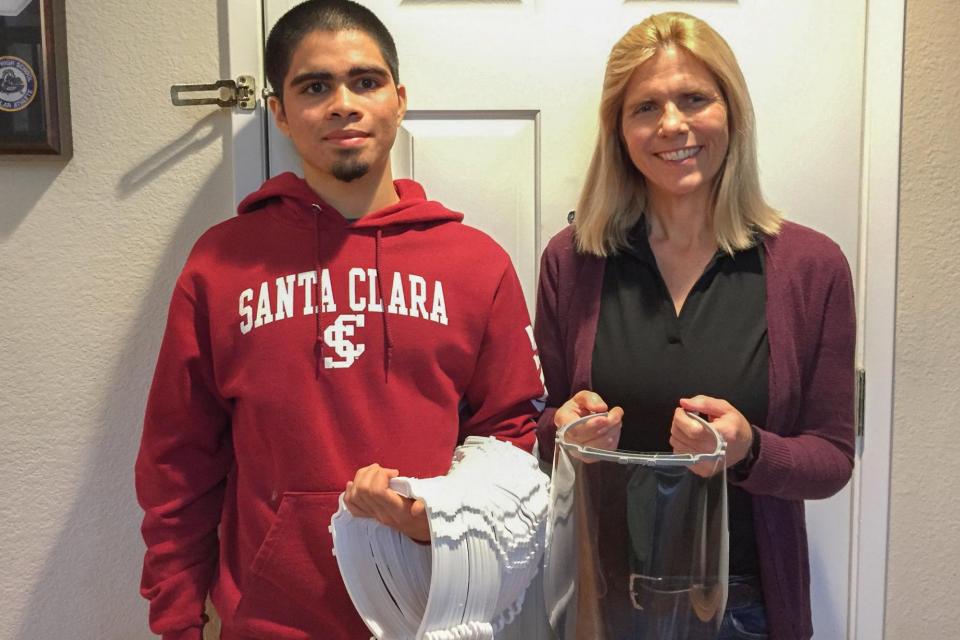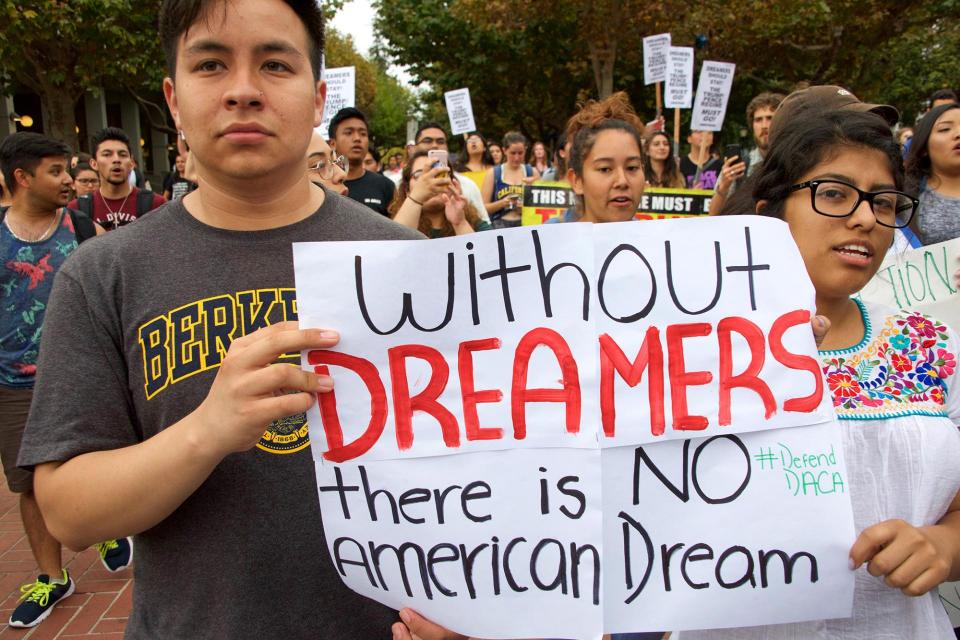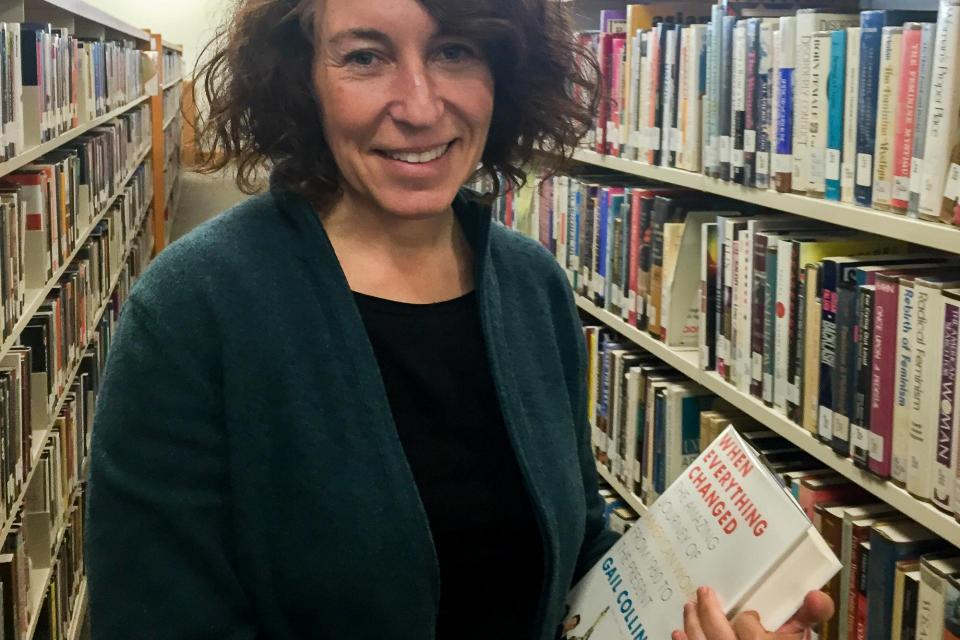Topic: Education Issues
Legislature changes independent study to allow distance learning option
Changes for school year 2021-22
The state budget package for 2021-22 includes changes to independent study to allow all schools to offer a replacement for a distance learning option for students and families who prefer to remain outside of in-person instruction.
State Auditor calls out failed Calbright online college
Audit cites high drop-out rate, mismanagement, shady hiring
Out of 904 students enrolled since 2019, only 12 graduated, and more than 40 percent dropped out. There’s no discernable strategy for spending the more than $175 million it receives in state taxpayer funding. No system is in place to support students. Shady hiring practices have led to people being selected based on personal or political connection rather than ability.
Free City! The story of CFT’s epic campaign against the ACCJC
BOOK REVIEW
Free City! The Fight for San Francisco’s City College and
Education for All
By Marcy Rein, Mickey Ellinger and Vicki Legion
PM
Press, 2021
Reviewed by Fred Glass
Early in 2017, as City College of San Francisco’s five-year fight for its life drew to a close, I was attempting to convince a reporter from the Chronicle of Higher Education to write a summing up story. He said, “Someday someone really needs to write a book on all this.”
Adjuncts and their unions fight on in the face of COVID
Enrollment decline, lost classes, adjunct relief fund
While the number of COVID cases are shrinking, and the vaccination rate increasing, the effects of the pandemic continue, with adjuncts having been hit particularly hard, as despite the heroic efforts of faculty to provide remote and online instruction, California community college enrollment has dropped systemwide by 11 to 12% since last fall, according to Edsource.
Healthcare, transferable training top adjunct priorities at CFT Convention
Delegates resolve to address timely adjunct issues
At this year’s virtual CFT Convention held March 26-27, the Part-Time Faculty Committee sponsored two resolutions reflective of both the longstanding and new problems beginning to emerge in the wake of the pandemic which has impacted adjunct health and training.
Adjuncts at the table to win a New Deal for Higher Education
National campaign calls for sea change in higher ed
While the COVID-19 pandemic has amplified longstanding societal inequities in America, public higher education was already in a state of crisis, from the staggering costs of college, to the lack of access and support for lower income students, Black, indigenous, and people of color, the deteriorating, or clear lack of infrastructure, the reciprocal increase in highly paid administrative positions, and last but not least, decrease in full-time tenure track positions.
Why California needs a New Deal for Higher Education
Value of national campaign brought home in CFT training
During the pandemic, issues in higher education — like underpaid adjuncts teaching the majority of classes, often without benefits; chronic underfunding; crushing student debt; and the focus narrowing to be only on job training rather than the public good — have come into greater relief.
CFT joins campaign to forge a New Deal for Higher Education
With the new Biden administration and Congress come new opportunities to ensure significant, sustainable public investment in higher education.
The COVID-19 pandemic has exacerbated the long-standing crisis in public higher education. Declining state support, the erosion of tenure and shared governance, the increased use of contingent appointments, and the loss of the faculty voice on campus are threatening the core mission of higher education in our society. Now is the time to stand up for a just, inclusive system of higher education — one that can help transform our society.
A First Lady who is a community college teacher
President-elect supports two years of free community college
Dr. Jill Biden, a community college teacher, union member, and soon to be First Lady, spoke virtually to members of the AFT and the National Education Association, thanking them for all the phone banking, text messaging, voter registration drives and poll work they did to get her husband, Joe Biden, elected. AFT President Randi Weingarten and NEA President Becky Pringle introduced her.
Contingent faculty team up, pass national shared governance policy
AFT Convention adopts resolution crafted by UC and community college faculty
While the COVID-19 pandemic meant that this summer’s AFT Convention had to go virtual, and in turn, resulted in format changes which made schedules tighter, and the work of those attending harder in many respects, one of the great achievements for CFT was the passage of a resolution calling for the right of contingent faculty to participate in shared governance.
The patient is on the table — Higher Education in America is sick
Opinion
By Geoff Johnson, AFT Guild, San Diego and Grossmont-Cuyamaca Community Colleges
Higher education in America is sick. Its classrooms and campuses have been largely shuttered, save but for students taking lab courses, or practicums, ironically in hospitals. Students and instructors are now confined to the domains of their computers and laptop screens in the educational netherworlds of Zoom or Cranium. With the exception of online instruction developed prior to the crisis, what is being delivered, more so than taught, is a curriculum of coping under the duress of the coronavirus pandemic.
Special Education Toolkit for coronavirus times
As distance learning becomes our new reality, public education is presented with new challenges. Many special education service providers are feeling overwhelmed and concerned as they navigate a new educational landscape to serve a population that is vulnerable and at times fragile. The current crisis, along with its many challenges, gives us the opportunity to find new ways to continue fighting for our students’ right to a Free, Appropriate Public Education (FAPE).
Social worker’s outreach during pandemic leads to district-wide change
“We’re not just trying to teach — we’re in the in business of love and care…”
Leslie Hu, a social worker at San Francisco’s Martin Luther King Jr. Middle School, thinks that during a global pandemic, when many students are seeing their communities directly affected, isn’t the time for business as usual.
Tightrope Walkers: Teaching and parenting at the same time
Faculty parents share stories of teaching from home during shelter-in-place
By Katharine Harer, San Mateo Community College Federation of Teachers, AFT Local 1493
You’re teaching all your classes online, providing support to freaked-out students and dealing with a flood of emails every day, while at the same time, and often in the same room, hour after hour, your children need you to be present and available. You can’t send them to school or childcare or to the grandparents or to play at their friends’ houses. You can’t send them anywhere. Will lack of sleep, personal space and time make you trip and fall, and if so, who will catch you?
College students staying positive through the pandemic
Union presidents surveys students for newspaper column
By Mark James Miller, Part-Time Faculty Association of Allan Hancock College
The COVID-19 pandemic has brought its own unique challenges to every facet of society. Everyone has been seriously impacted by the virus, and students in higher education are no exception.
Nationwide, students are delaying their education until the pandemic is over and colleges return to the traditional classroom approach instead of the online model being used in its place. Some are simply uncomfortable with online learning, and others are fearful that the education they receive remotely is not of the same quality as what they get in the classroom with the instructor present.
Dedication to students helps teachers make huge shift online with grace, diligence
Distance learning demands hard work, extra hours — and good internet
Since schools closed due to the COVID-19 pandemic, and instruction moved online, Jessica Hoffschneider, a resource special education teacher at Soquel High, has been busy. A site representative for the Greater Santa Cruz Federation of Teachers, she spends her days trying her best to help her students with mild to moderate disabilities.
Tech support powers online classrooms behind the scenes
Classified employees make the connections and keep them strong
Computer geeks have been on the front lines of online learning since March, when school and college districts across urban and rural California closed to avoid the COVID-19 pandemic. Tech staff are the essential employees who are turning digital classrooms from a pipedream into a working educational system.
College instructors rise to distance learning challenge
Extra hours, perseverance, union support assist in transition
Palomar College child development teacher Barbara Hammons definitely found the idea of distance teaching a challenge. For years, she and her department chair had a running joke – if she ever wanted to get rid of her, no need to fire her, just give her an online class.
Paraeducator steps up, makes face shields for medical workers
Gilroy family applies 3-D printing skills from campus STEAM lab
By Arti O’Connor, President, Gilroy Federation of Paraeducators
Diana Torres, a paraeducator in the Gilroy Unified School District, has been instrumental in establishing the STEAM lab and program at Las Animas Elementary School. I met her several months ago and was extremely impressed when she showed me the lab — with a 3-D printer — that she uses to teach students about that form of technology.
Undocumented students more vulnerable than ever during pandemic
How faculty can make a difference
By Jessica Silver-Sharp, San Mateo Community College Federation of Teachers
When I first wrote about undocumented students in October 2017, I couldn’t have foreseen how things could change so much in less than three years. Two out of three of our campus Dream Centers in the San Mateo Community College District were established during this time when young “Dreamers” were forming a national youth movement and “coming out” across the country. Then, a majority of the hundreds of undocumented students on campus enjoyed legal protections under DACA.



